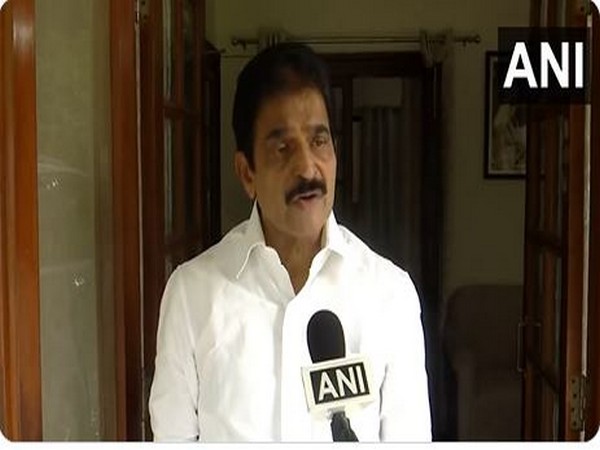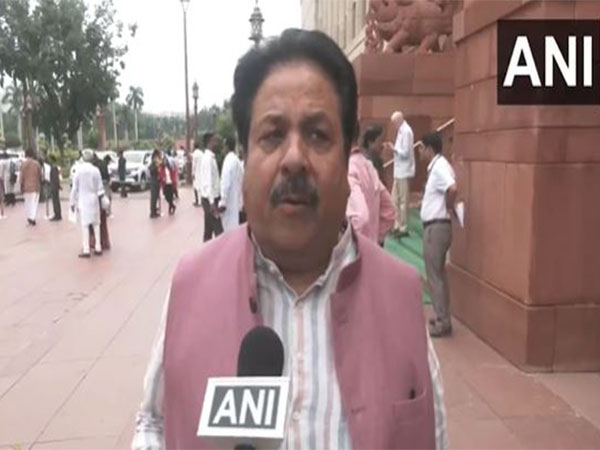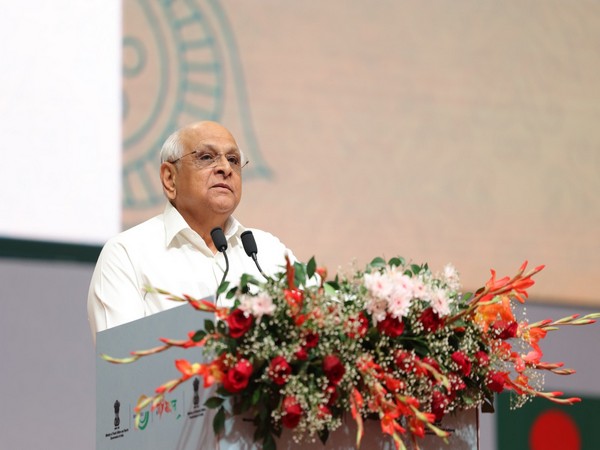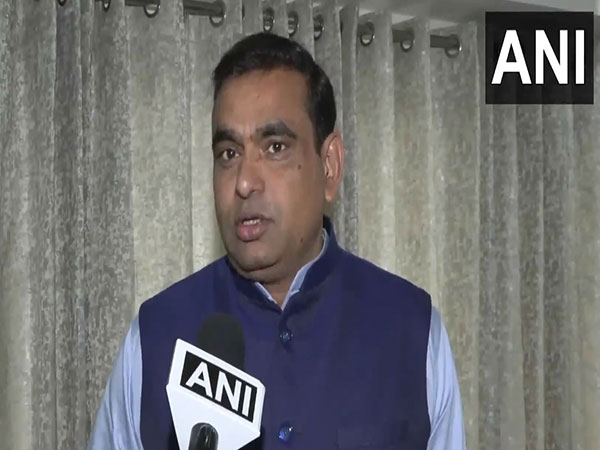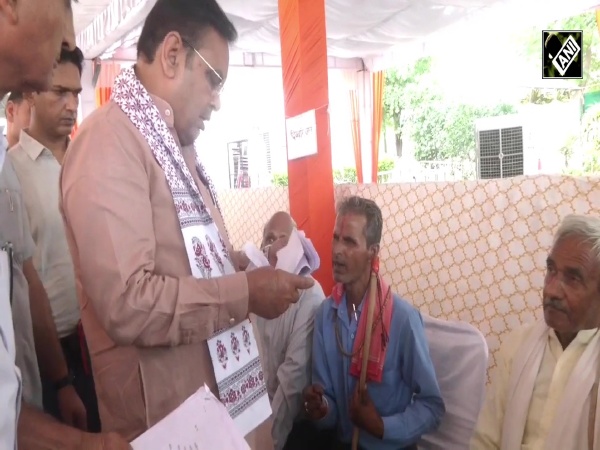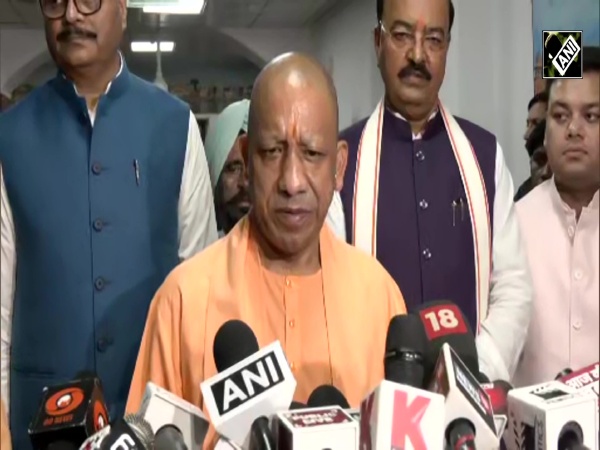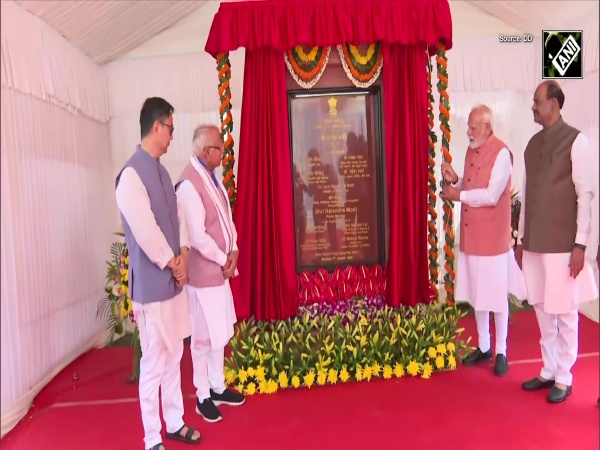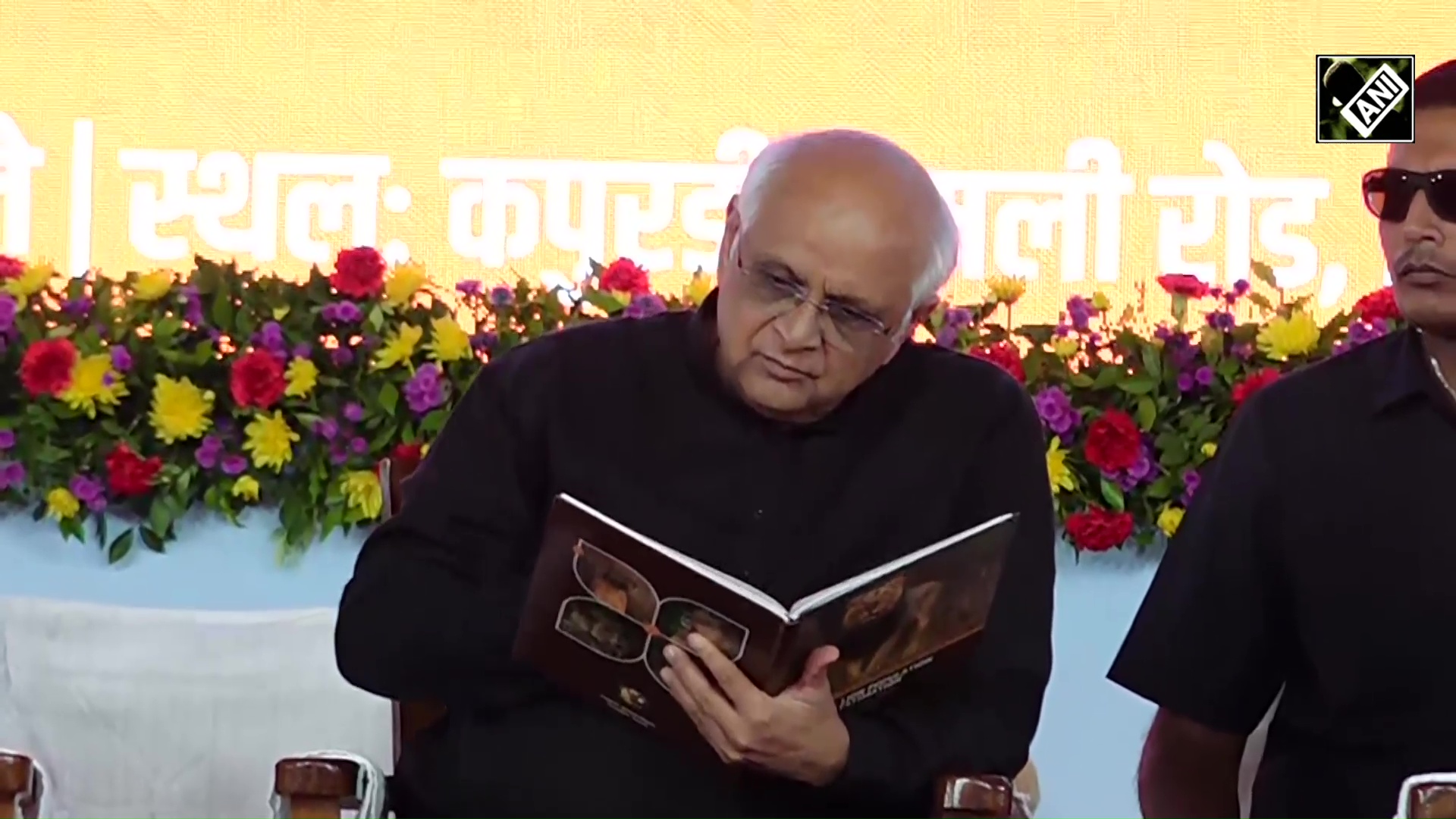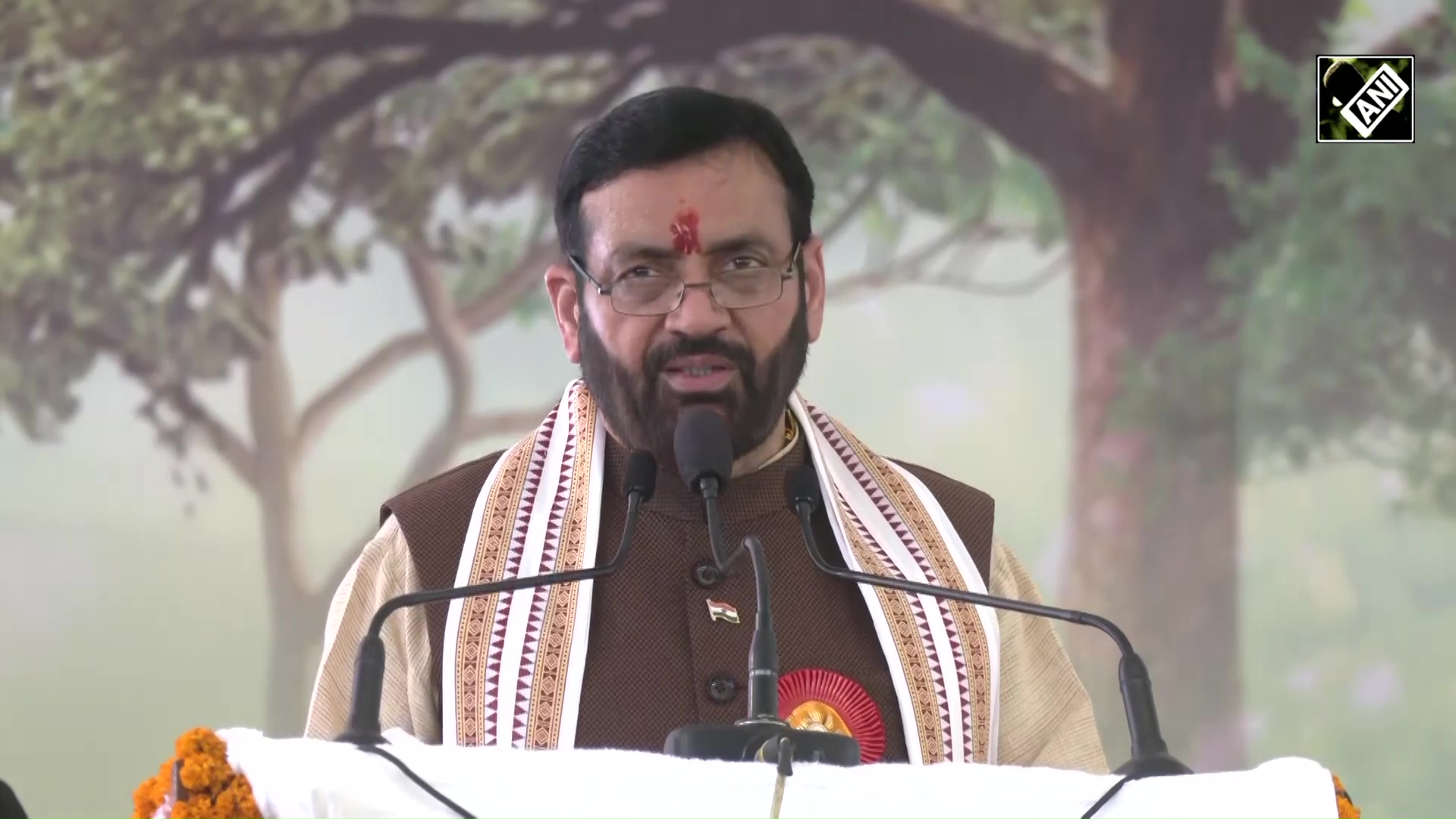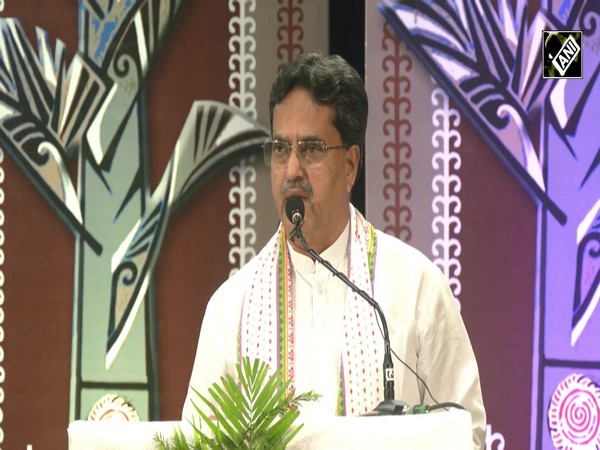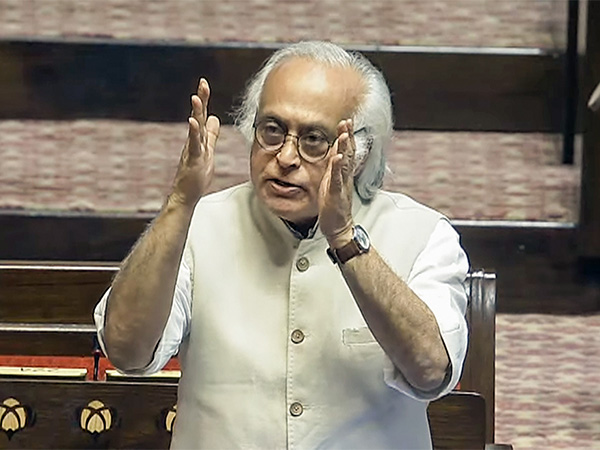
"Sports Governance bill bulldozed through Lok Sabha," says Jairam Ramesh; suggests BCCI will get "favourable treatment"
Aug 12, 2025
New Delhi [India], August 12 : Congress General Secretary Jairam Ramesh on Tuesday termed the passing the of National Sports Governance Bill, 2025, in Lok Sabha as "bulldozing" and expressed concern over the "centralisation" of sports administration, suggesting that the Board of Control for Cricket in India (BCCI) will get "most favourable treatment."
In a post on X, Jairam Ramesh said, "The National Sports Governance Bill, 2025 was bulldozed through the Lok Sabha yesterday and will perhaps be subject to the same treatment in the Rajya Sabha today."
"The Bill will result in the extreme centralisation of sports administration. And, of course, the BCCI will get most favoured treatment, not subject to any laws of the land like the RTI," he added.
Jairam Ramesh also accused the Prime Minister Narendra Modi-led government of "ignoring" the request of Congress MP Digvijaya Singh, who is Chairman of the Parliamentary Standing Committee on Education, Women, Children, Youth, and Sports, to refer the bill to a committee for deeper examination and wider consultations.
Yesterday, the Chairman of the Parliamentary Standing Committee on Education, Women, Children, Youth, and Sports, Digvijaya Singh, had written to the Lok Sabha Speaker requesting that the Bill be referred to the Committee for deeper examination and wider consultations. That is what such Committees are for. However, the Modi Govt - as has happened so very frequently in the past - ignored this perfectly legitimate request," Jairam Ramesh said.
The National Sports Governance Bill, 2025, which was introduced in the Lok Sabha on July 23, was passed on Monday.
While describing the Sports Bill at Parliament, Mansukh Mandaviya said, "This bill will be the single most significant reform in sports since independence. This bill will ensure that our country's dream of taking sports from the ground to glory will come true. This bill will ensure accountability and professionalism. This bill will give opportunities to our women. This bill will provide justice to our athletes. There will be better and better governance in sports, and this bill will be very important in our country's sports ecosystem."
The bill provides for the constitution of the National Sports Board. The Bill empowers the central government to establish a National Sports Board (NSB).
NSB will grant recognition to the national sports bodies and register their affiliate units. Only recognised bodies will be eligible to receive funds from the central government. The Board may suspend or cancel such recognition or registration, subject to specified conditions. Other functions of NSB include: (i) issuing guidelines on code of ethics and compliance with international rules, (ii) inquiring into matters affecting the welfare of sportspersons, sports development, and misuse of funds, and (iii) creating an ad-hoc administrative body in case of loss of international recognition of a national body.
Every national sports body will have a general body, consisting of an equal number of representatives from each affiliate member and certain ex-officio members. It will have an executive committee consisting of up to 15 members, with at least two outstanding sportspersons and four women. The Bill specifies certain conditions for being a member of the executive committee. These include: (i) the person must be aged between 25 years and 70 years, and (ii) must comply with international rules (charter, statute, or bye-laws of international federations) on age and term limits. The Bill also specifies that a person aged between 70 and 75 years may become a member if permitted by the international rules, and will serve for a full-term.
